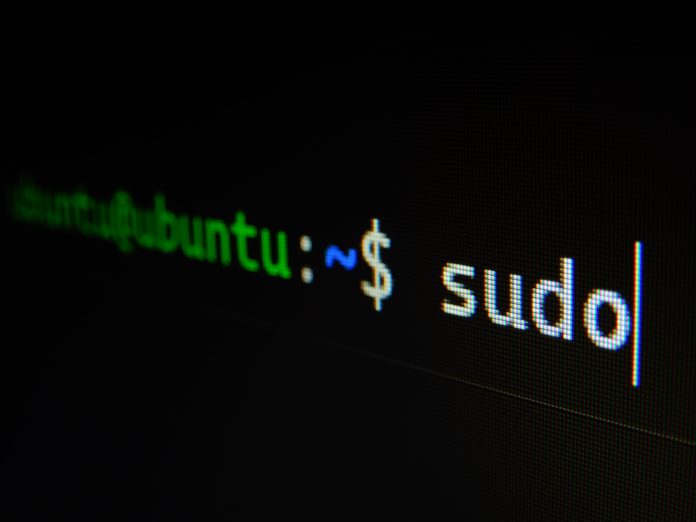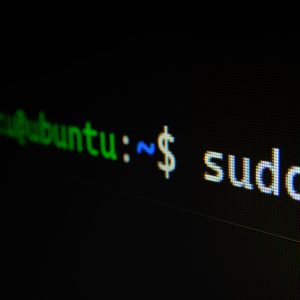Linux has become a go-to option for many businesses in recent years. There are a number of reasons why this is the case, but it boils down to one thing: customization.
Also, Linux allows you to tailor your computer’s operating system to suit your needs and wants as opposed to having someone else do it for you – which can sometimes mean spending hours learning how things work before being able to actually use them effectively.
Linux based operating systems have become a go to for many businesses for a number of reasons
Linux based operating systems have become a go to for many businesses for a number of reasons. How does Linux compare to other operating systems like Windows, Mac OS X and Unix?
Moreover, Linux is more secure than other operating systems because it has fewer vulnerabilities and exploits than Windows or macOS. For example, if you want to run an application from outside your network without opening ports on your firewall, then this can be done using SSH (Secure Shell).
This will allow you to access the system remotely over an encrypted connection which means that no one else in the world can access your computer without having an authorized username/password pair (or public key).
Down the road, this makes it difficult for hackers who try accessing any information stored on this system through brute force attacks since they would need expensive hardware such as supercomputers just so they could break through their defenses before being detected by security software installed within its operating system itself.”
For one thing, the open source Linux operating system means that it can be adapted to pretty much any business requirement
Linux is an open source operating system that has been adapted to a wide variety of business needs. It’s based on Unix, making it compatible with other Unix systems. This makes it easier for you to adapt your system if you’re using one of these older systems, or if you want to use some of their features in your own software development projects.
The main advantage of this is that anyone can program new software for Linux and make changes as needed—you don’t need permission from any company or organization to do so! This makes it possible for people who aren’t programmers but know how things work inside out (like me) because they’ve been through this process before many times over their lifetime.
And since it’s open source, anyone can program new software and has access to the inner workings of the OS
The open source nature of Linux makes it an ideal OS for businesses. Since anyone can program new software and have access to the inner workings of the OS, you can see how it works and make changes if you don’t like something.
This means that if your business needs specific features in your OS, there’s no need for additional licensing fees or complicated contracts – all modifications will be free! Plus, since you’re able to see how things work under the hood (and even make changes), your IT department won’t have any trouble understanding what’s happening behind-the-scenes when they support you with their technical expertise.
Also consider this: The open nature of Linux means that it can be adjusted for specific business needs — adding new features, removing old ones or changing them around as necessary without having to pay extra costs every time someone wants something different than what was originally built into its codebase!
It also means that you don’t need to spend hours learning how to use it – if you know how to use one Unix based system, you’re good to go with any other
There are a lot of advantages to Linux. It also means that you don’t need to spend hours learning how to use it – if you know how to use one Unix based system, you’re good to go with any other. You can use the same commands and syntax on all of them (for example “ls” will list files in many different operating systems), software is available for all systems, hardware will work on any machine running Linux
The advantages of Linux come down to customization and compatibility
Linux has a number of advantages over other operating systems. These include customization, open source and Unix based compatibility.
Linux may be the most customizable operating system available today because you can customize it to meet your needs in any way you wish. This includes installing applications, changing settings and making adjustments to the standard look and feel of Linux.
One more advantage of using an open source product is that anyone can modify it as they see fit without needing permission from anyone else or paying fees for access to their code base.
It includes installing software packages onto disk drives without having them installed automatically when starting up your computer system with Windows 10 or Mac OSX El Capitan installed on top which makes users feel more comfortable about using these platforms because there’s less pressure being exerted upon them duely working through installation processes required by manufacturers.
Linux As A VPN Client
Linux can also be used as a virtual private network (VPN) client. A VPN encrypts all data that passes through it before it leaves your computer, making it much harder for anyone to intercept or read this data. You can use a VPN to connect securely to a remote server from anywhere in the world, even if your Internet provider doesn’t offer you any kind of connection using its own servers.
Also, Linux enables you to use VPN and remove your digital footprints to stay safe. You can read an article about the cheapest monthly VPN by Wizcase or read online documentation to read things and keep hackers on bay.
Conclusion
Linux has become a go-to operating system for business because it is customizable, flexible and easy to use. With so many different options available, you can develop a customized solution that works best for your company. If you’re looking into Linux based alternatives then there are plenty of advantages over other systems out there today.






